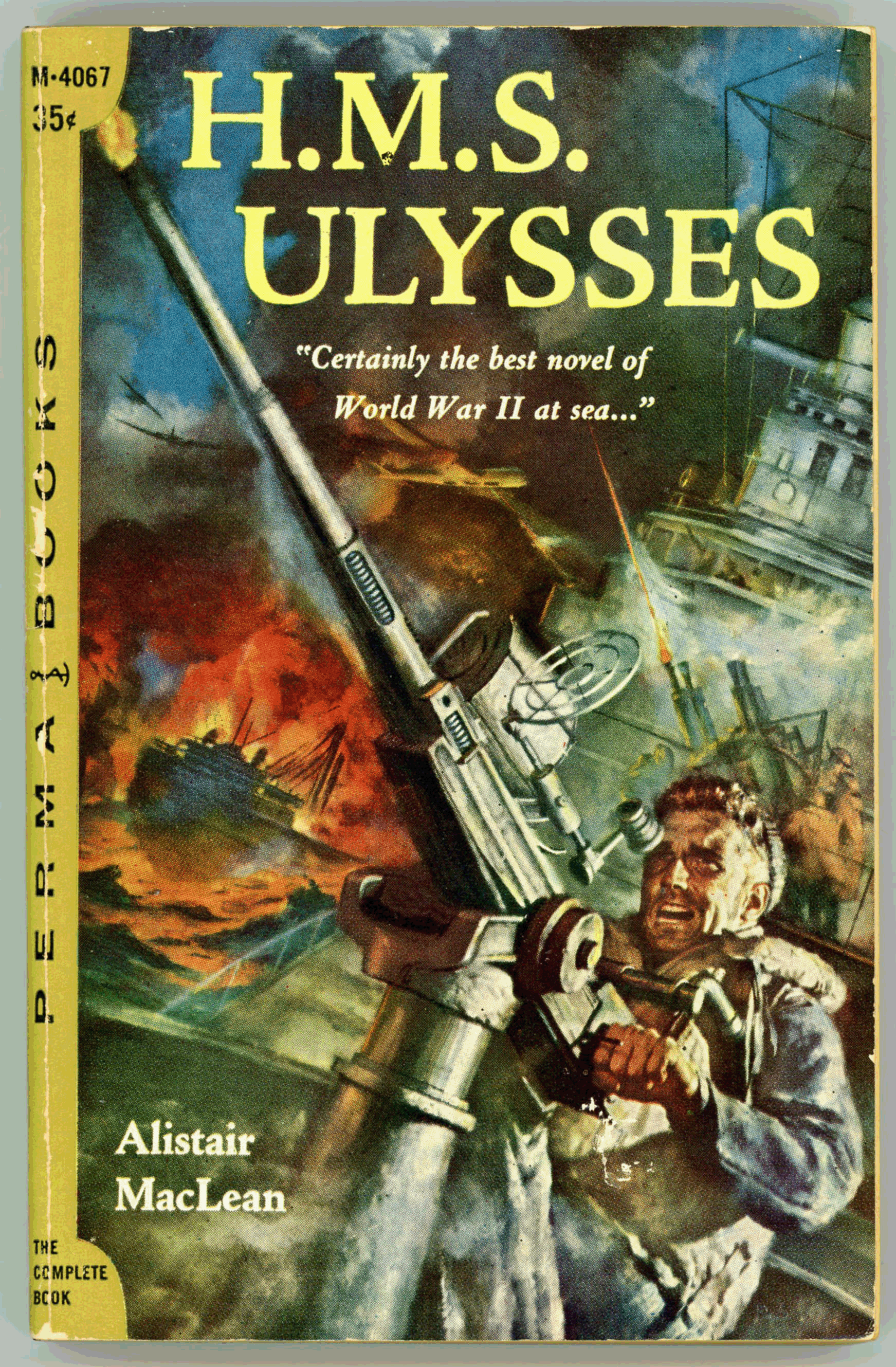 Cap in hand, Ralston sat down opposite the captain.
Cap in hand, Ralston sat down opposite the captain.
Vallery look at him for a long time in silence.
He wondered what to say, how best to say it.
He hated to have to do this.
Richard Vallery also hated war.
He always had hated it,
and he cursed the day it had dragged him out of his comfortable retirement.
At least “dragged” was how he put it;
only Tyndall knew that he had volunteered his services to the Admiralty
on September 1, 1939,
and had had them gladly accepted.
 But he hated war.
But he hated war.
Not because it interfered with his lifelong passion for music and literature,
on both of which he was a considerable authority,
not even because it was a perpetual affront to his aestheticism,
to his sense of rightness and fitness.
He hated it because he was a deeply religious man,
because it grieved him to see in mankind the wild beasts of the primeval jungle,
because he thought the cross of his life was already burden enough
without the gratuitous infliction of the mental and physical agony of war,
and, above all,
because he saw war all too clearly as the wild and insensate folly it was, –
as a madness of the mind that settled nothing, proved nothing –
except the old, old truth that God was on the side of the big battalions.
But some things he had to do,
and Vallery had clearly seen that this war was to be his also.
And so he had come back to the service and had grown older
as the bitter years passed, older and frailer,
and more kindly and tolerant and understanding.
Among naval captains – indeed, among men – he was unique.
In his charity, in his humility, Captain Richard Vallery walked alone.
It was a measure of the man’s greatness
that this thought never occurred to him.
